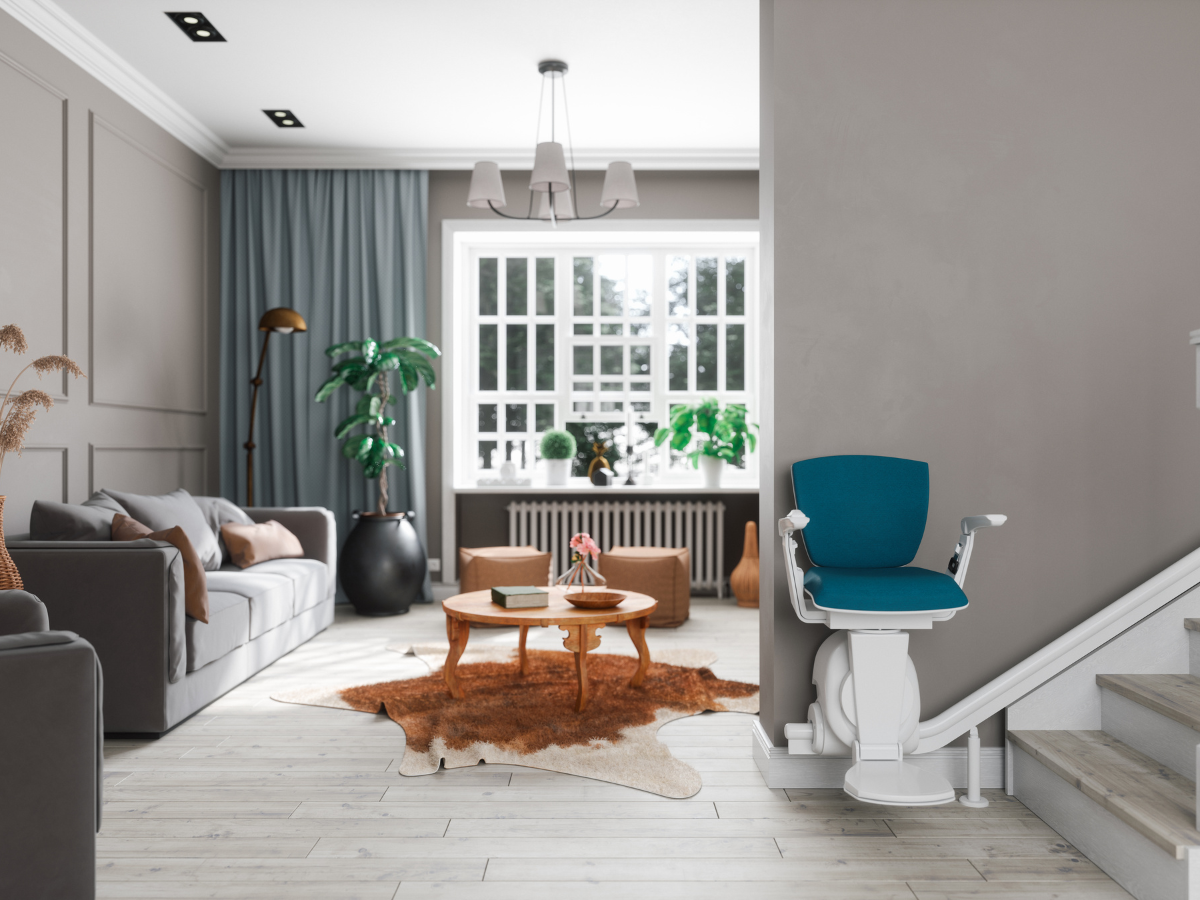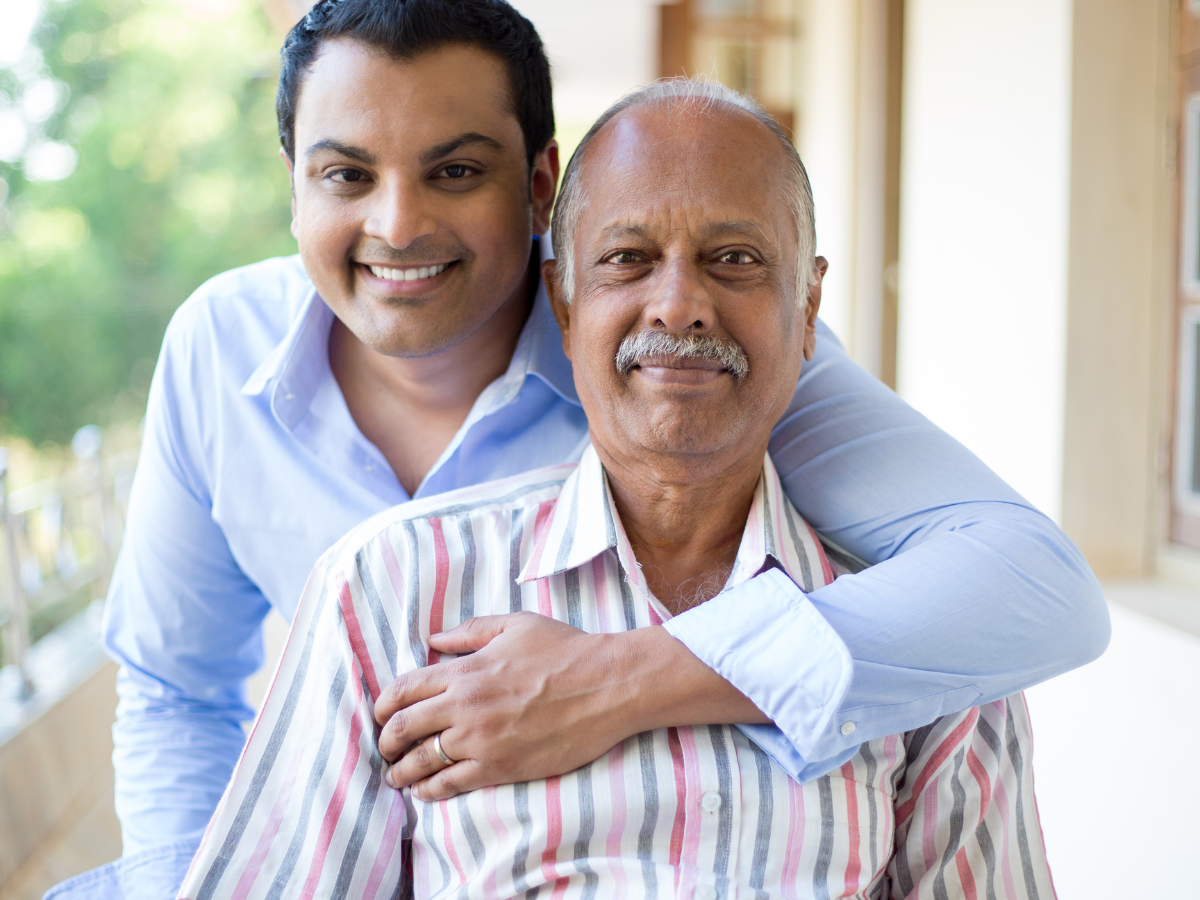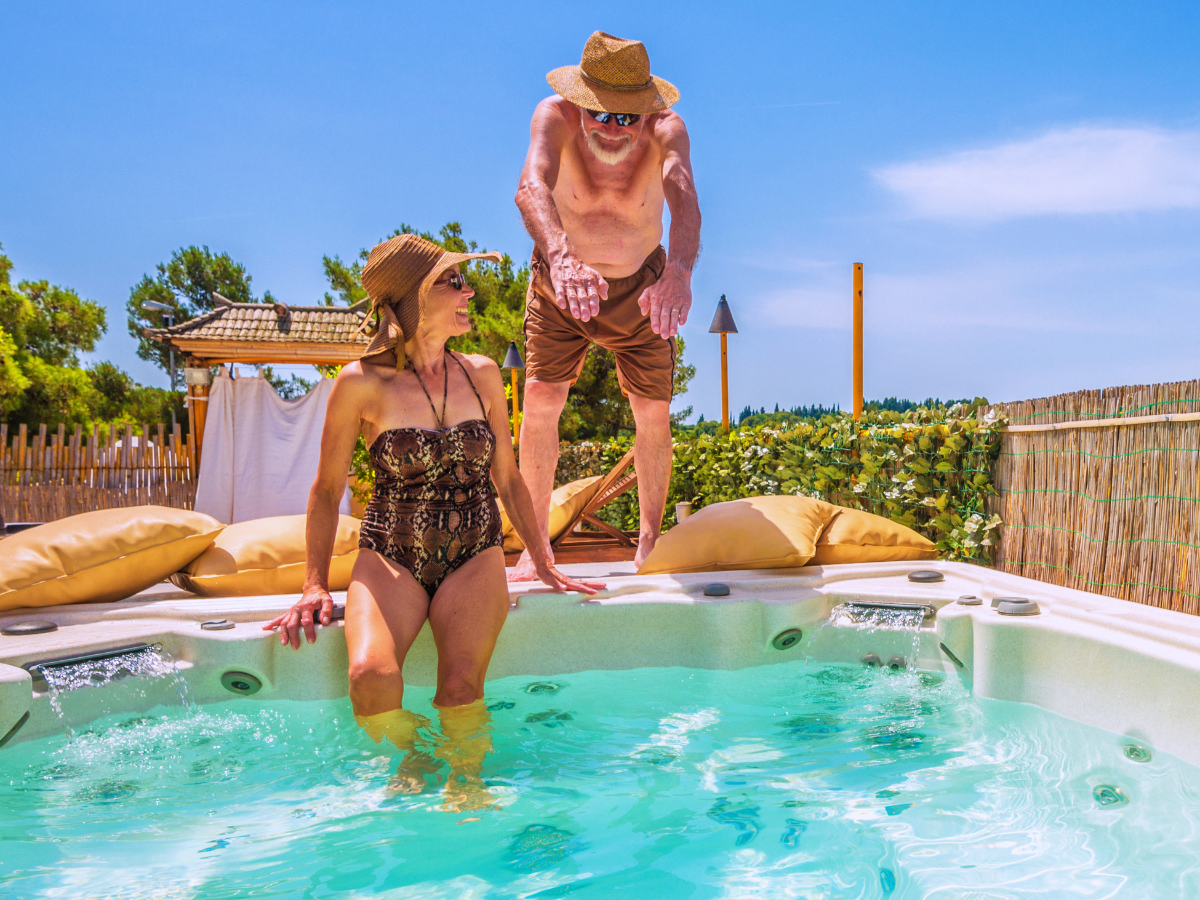This is just a reminder that you have until 4 p.m. this Friday, May 31st to take advantage of our special promotion! In partnership with our manufacturers, Advantage Home Health Solutions is currently offering up to 40% off select electric mobility scooters and travel power chairs. Our mobility scooters are ideal solutions for those who struggle with walking long distances. Please don’t hesitate to call 403-460-5438 to inquire about visiting us to give one a test drive!
With June almost here, the majority of Canadians are likely chomping at the bit for the official start of summer. Just in case you weren’t aware, the warmest and sunniest season of the year gets underway on the 20th of the month. For most people, it’s the perfect time of year to enjoy the great outdoors. However, both the increased heat and exposure to the sun’s UV rays can pose some risks. This is especially true for older adults.
Here are six guidelines for seniors to ensure hazard-free summer adventures:
1. Make hydration a top priority.
No matter your age, it’s vital to stay hydrated all throughout the year. However, when you add advanced ages and boosted temperatures to the mix, drinking plenty of water is even more essential. Seniors are most susceptible to dehydration, especially in the heat. It’s important to make it a habit to carry a water bottle around with you and take frequent sips from it. Drinking water is important even when you don’t feel thirsty.
Make it a rule of thumb to drink at least eight glasses of water every day. That should be considered a minimum. “Thirst sensation decreases with age, so older adults may not realize they need to increase their fluid intake,” notes Visiting Angels, “Also, chronic illnesses such as diabetes, dementia, and kidney problems—along with certain medications that lead to more frequent urination—may cause them to consume or retain less water.”
2. Keep cool with your clothing.
We’re not exactly recommending that you don the latest fashions throughout the summer. By all means, feel free to be as stylish as you like. However, keeping cool will require you to wear lightweight, loose-fitting and light-coloured clothing. It’s also important to consider fabrics that won’t make you feel too hot. Cotton and linen are ideal choices since they let your skin breathe. In addition, put on wide-brimmed hats to protect your face, neck and ears from the sun.
As well, don’t forget those shades! Not only will they increase the cool factor of your wardrobe, but sunglasses with UV protection shield your eyes from harmful rays. “The skin around your eyes is extremely delicate and sensitive, making it more susceptible to damage from UV rays,” informs Senior Helpers, “Unfortunately, sunscreen can be challenging to apply in this area without causing irritation. Sunglasses can be a valuable tool to protect this sensitive area from the harsh sun and reduce the risk of skin cancer.”
3. Generously apply sunscreen.
Did you know that sunscreen should be applied all year round? Think about it. The sun is always out, even on cold days. During the hot summer, however, we all tend to expose a lot more of our skin. So, if you’re not going to keep covered with clothing, be sure to slather on the sunscreen. Opt for a broad-spectrum sunscreen with an SPF of at least 30. Be sure to apply it generously to all exposed skin. We’re talking about the back of your neck, ears and the tops of your feet too.
It’s a good idea to reapply sunscreen every two hours or even more often if you’re swimming or sweating. “The average adult needs about 2 or 3 tablespoons of sunscreen to cover their body and a teaspoon to cover their face and neck,” says the Canadian Cancer Society, “This is about the size of a golf ball to cover your body every time.”
4. Be on the lookout for signs of heat-related illness.
This is where things get really serious for seniors. It’s of vital importance that older adults protect themselves from heat exhaustion and heat stroke. They can do so by recognizing such symptoms as dizziness, nausea, profuse sweating, weakness and headaches. Without treating these symptoms, health issues can worsen. Seniors can endure heat stroke which can lead to confusion, reduced cognitive function, rapid pulse, dilated pupils, elevated blood pressure and a loss of consciousness.
If any of these signs occur, go to a cool place, drink water and seek medical attention. Heat stroke is very serious, warns the Government of Canada’s Get Prepared website. “Call 911 immediately and while waiting for the ambulance, move the person to a cool place and sponge body with cool water while letting the water evaporate to reduce body temperature,” the site instructs.
5. Monitor medications that are impacted by sun exposure.
Did you know that some of your medications can increase your sensitivity to the sun? Make it a point to inspect the labels of all of your medicines. Believe it or not, depending on the drug, you could worsen your sunburns or have other adverse reactions to being outdoors. As Proxim explains, this occurrence is known as phototoxicity.
“When ultraviolet radiation from the sun penetrates the skin, it can interact with the medicine circulating through the blood vessels on the skin surface,” informs their website, “When activated by UV rays, some medications can cause damage to skin cells, causing a reaction similar to sunburn. This phototoxic reaction occurs rapidly. Sun-exposed skin becomes red, hot, and painful. The result looks like a severe sunburn, one that seems out of proportion compared to the time actually spent in the sun. In more serious cases, blisters can form on the skin.”
6. Secure the right mobility solution.
If you’re contending with a mobility issue, please contact Advantage Home Health Solutions. We offer a wide variety of mobility solutions including wheelchairs, electric mobility scooters and so much more! Our team always ensures that you have the complete picture to make an informed decision. You will know all of the possible options so you can choose which solution is best for your loved one. Please don’t hesitate to give us a call at 403-460-5438. You may also email us by filling out the form on our Contact page!



